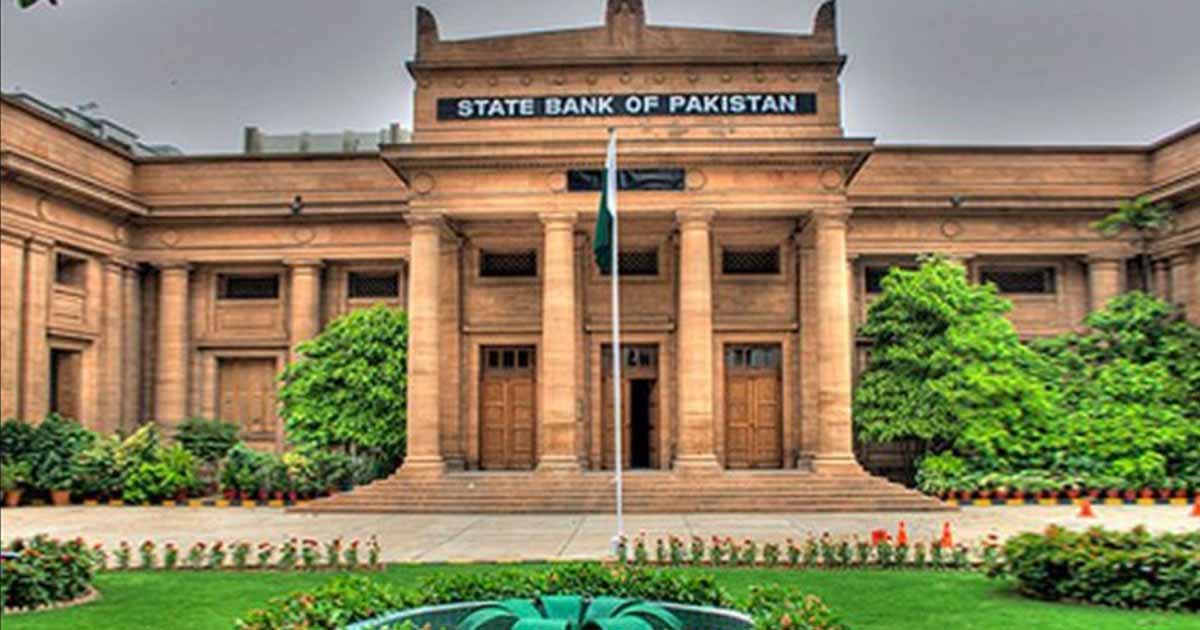In a circular released on Tuesday, the State Bank of Pakistan has decided to penalize banks falling short of their targets for the Government’s Mark-up Subsidy Scheme (G-MSS).
The Central Bank said, “Banks are expected to make all-out efforts to harness the full potential of Scheme.”
It is worth mentioning that in April 2021, SBP assigned monthly mandatory targets of a number of housing units and amount of disbursements (G-MSS targets) to banks in proportion to share in total banking assets.
The circular further said, “In view of foregoing, it has been decided that penalty will be imposed on banks falling short of their G-MSS targets w.e.f (With Effect From) July 31, 2021, on both targets of the number of housing units and amount of disbursements.
According to the circular, A baseline penalty will be charged on shortfall from cumulative targets till July 31, 2021, while a higher penalty will be charged on shortfall from targets of subsequent months.
It is worth mentioning that the government has been pushing commercial banks to provide loans to consumers for low-income housing projects, but the banks have been reluctant.
The government’s prime agenda was to provide 10 million jobs and 5 million low-income houses but after three years, there is no visible sign in this direction. The county is said to be facing a shortfall of 10 million houses.
Even Prime Minister recently on his Gwadar tour said that the banks are reluctant as they are not used to taking such risks of giving money to such small borrowers.
Last month, the State Bank of Pakistan asked the commercial banks to develop and deploy an income estimation model for the extension of low-cost housing finance to ease difficulties faced by people in borrowing money for house financing under G-MSS.
Read More: FBR conspiracy to undermine Imran Khan’s Housing Policy?
The circular lastly said, “The penalty charged on a bank will be adjusted after review of bank’s efforts in terms of logins of applications, approvals of housing finance, results of SBP’s latest mystery shopping surveys, involvement of bank’s management, evidence of board information and support, sale, and marketing efforts, innovation in delivery channels, capacity building of staff and human resource (headcount) involved in G-MSS.”
To assess efforts, State Bank will, if required, collect information from banks that fail to meet their targets.













